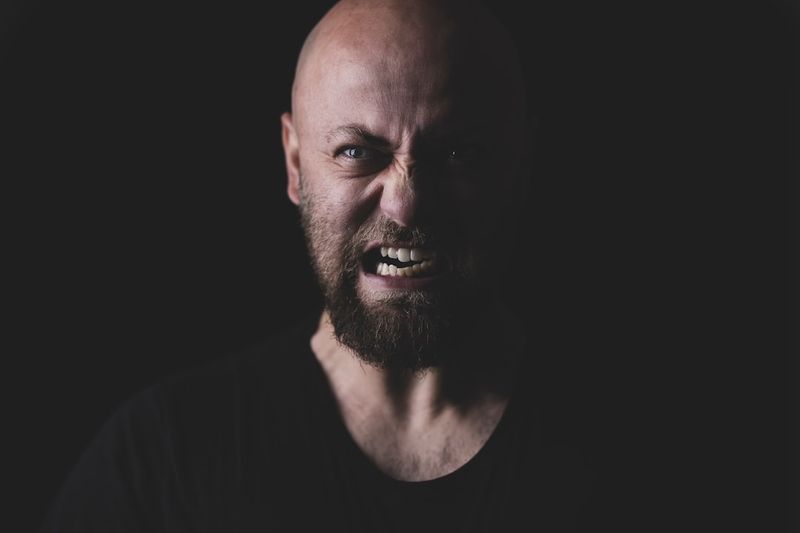Donald Trump Pleads Not Guilty to Criminal Charges Again
Former US President Donald Trump has pleaded not guilty to federal charges for the second time this year. The charges allege that he broke the law by hiding top secret documents in his Mar-a-Lago home in Florida. The charges include alleged violations of the Espionage Act, considered more serious, as they carry a maximum sentence of 20 years in prison. Although he is the leading candidate for the GOP in the 2024 presidential race, these criminal charges may complicate his attempt to return to the White House. Here are the key takeaways from the arraignment:
No Mugshot and No Travel Restrictions
Trump did not have to pose for a mugshot as part of the arraignment. However, he is facing serious charges that could leave him with decades in jail. Typically, defendants are fingerprinted, photographed, and read their Miranda rights during the booking process. Trump’s motorcade took him from Trump National Doral Miami to the Wilkie D Ferguson Jr United States Courthouse.
Trump’s Lawyers, the Valet, and the Prosecutor
In court, the former president was accompanied by two of his lawyers, Chris Kise and Todd Blanche. Blanche is also leading Trump’s defence in a separate case in New York, where he is accused of falsifying business records as part of an alleged hush money scheme. Trump’s personal aide and former valet Walt Nauta, who has been named as a co-conspirator in the indictment, also accompanied him to court. Seated in the front row behind the prosecution bench was special counsel Jack Smith, who is leading the investigation.
Trump’s Crowd of Supporters was Smaller than Expected
A crowd of Trump supporters gathered outside the federal court complex in Miami ahead of the arraignment, but it was much smaller than anticipated, numbering in just a few hundred at best. There was some drama earlier in the day as authorities investigated a security threat. Trump walked out without conditions or travel restrictions.
The Judge Presiding Over the Case Will Likely be Someone Nominated by Trump
Overseeing today’s session was federal magistrate Jonathan Goodman, but he is likely to be just a footnote when this story is told. The judge currently assigned to oversee the trial is shaping up to be a major and controversial character in this legal saga. Judge Aileen Cannon was nominated to the federal district court in southern Florida by then-president Trump in 2020. She has been randomly selected to hear the criminal case investigating Trump’s handling of those same documents.
What Happens Now
Within 14 days, Trump will start receiving documents showing what evidence the prosecution has on him so that he can prepare his defense. The prosecution seems to have a variety of evidence, including photographs showing boxes of documents stored at Mar-a-Lago, including on a ballroom stage and in a bathroom. The prosecution also has contemporaneous notes from at least one of Donald Trump’s lawyers and testimony from multiple witnesses. Defendants have a right to a speedy trial, but the former president is unlikely to exercise that right. Instead, expect him to do whatever he can to delay the start of the trial proper.
Editorial and Advice
Once again, Trump has pleaded not guilty to some serious charges, which if proven could put him in prison and further complicate his attempt to reclaim the presidency. However, it seems that the wheels of justice are moving slowly, and Trump is likely to use every tool in his arsenal to delay the start of the trial as much as possible. It is easy to say that every individual has a fair chance to prove their innocence, but in this case, not having a mugshot or travel restrictions sends the wrong message. In a country where public trust in the justice system is already under strain, justice must not only be done but be seen to be done. We must trust the judiciary to navigate this complex case while safeguarding our democratic institutions.

<< photo by Markus Spiske >>




